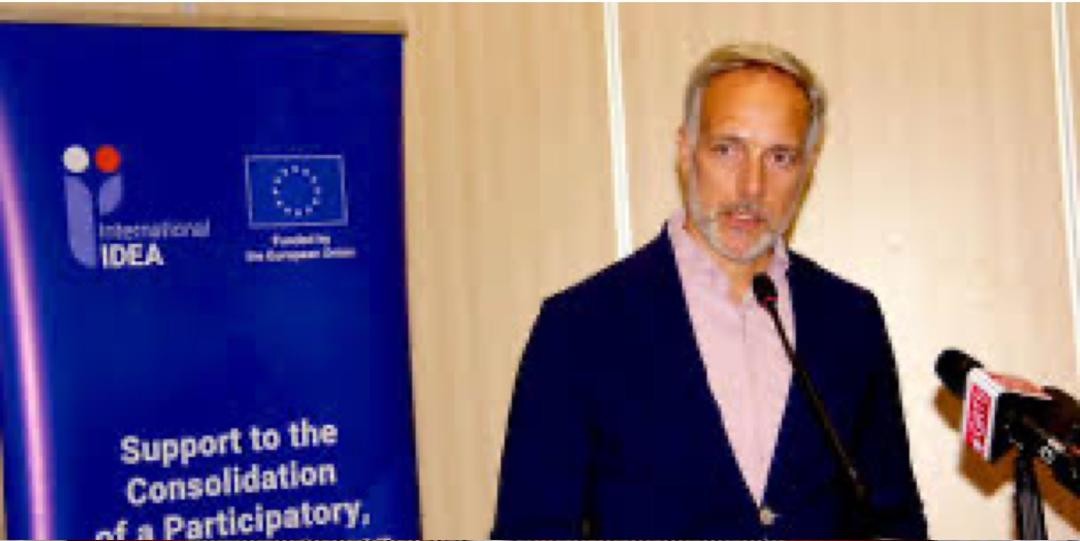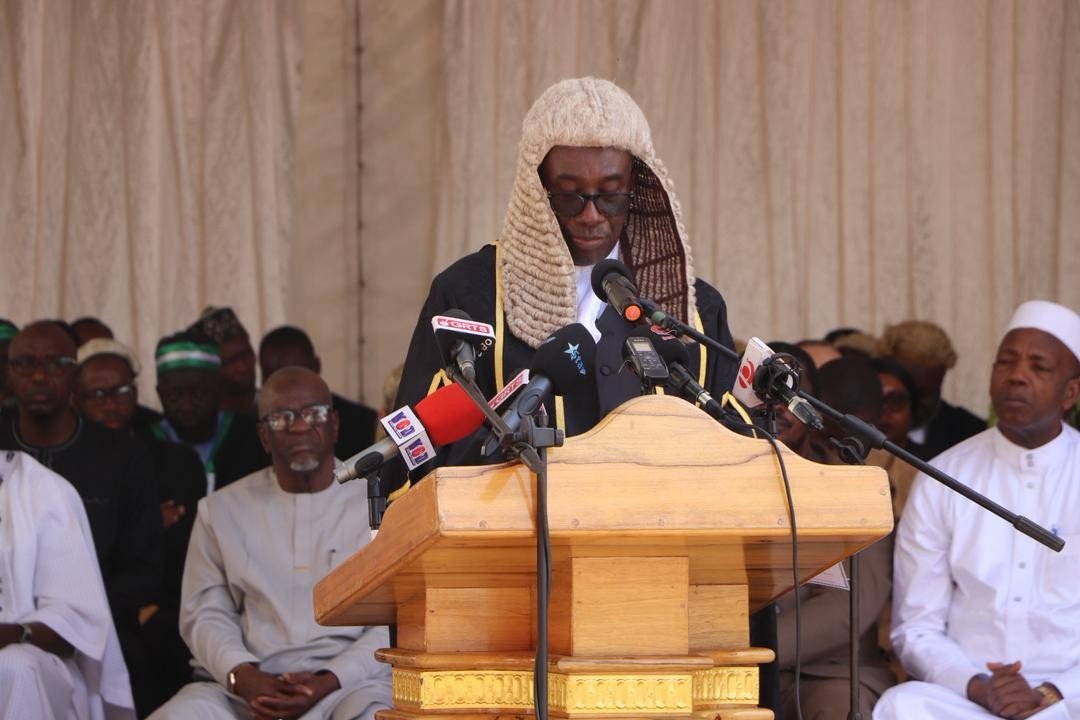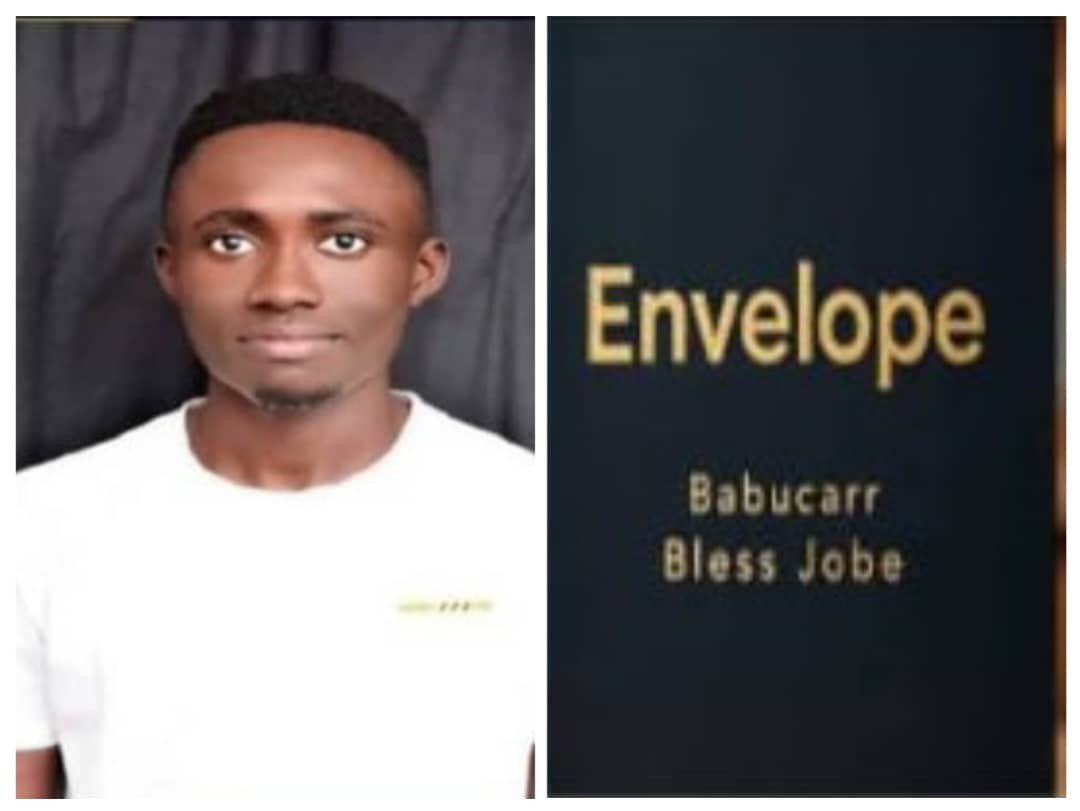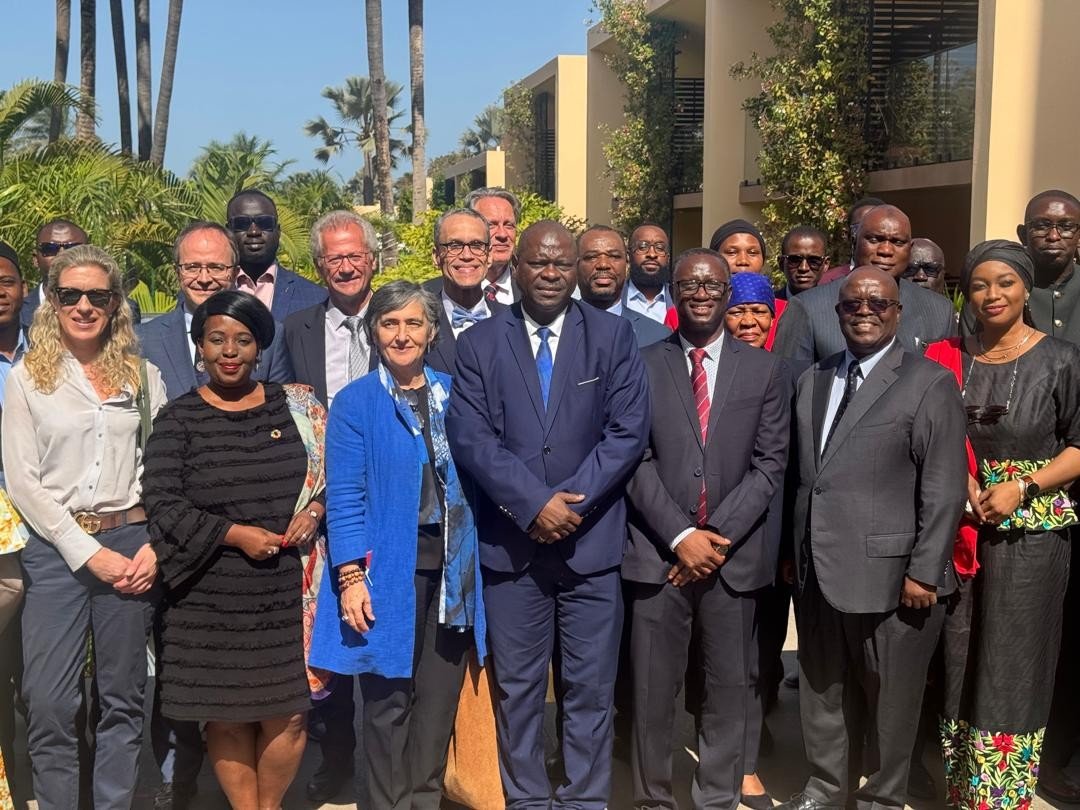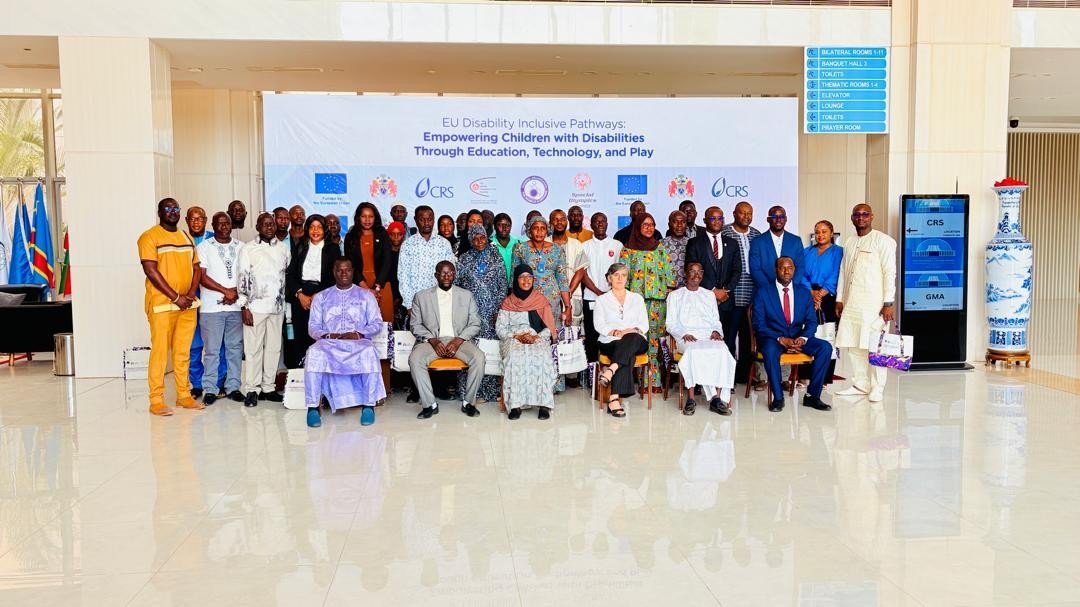The Deputy Head of Mission from the European Union Delegation to The Gambia, Raphaël Brigand has said a free and responsible media is the backbone of any democratic society.
Mr Brigand was speaking during the opening ceremony of a two-day capacity building training for Media Council Gambia (MCG) and Gambia Press Union (GPU) on Media Monitoring of Ethical Violations.
The training was held at the Sir Dawda Kairaba Jawara International Conference Centre in Bijilo, funded by the European Union and implemented by International IDEA.
Mr Brigand said journalists play a crucial role in informing the public, holding those who have public responsibilities accountable for their actions, and fostering open and constructive debates.
The EU deputy head of mission indicated that there is no democracy without free media, and no freedom without responsibility, without duties. “With the responsibility of reporting comes the need to apply high ethical professional standards that ensure accuracy, fairness, and integrity in this endeavour. To sum it up we may say that: Truth, accuracy, and impartiality are the cornerstones of journalism ethics,” he added.
According to him, ethical journalism both safeguards the credibility of the media and also upholds the fundamental rights of citizens to accurate and reliable information.
The EU is a steadfast partner in supporting press freedom and professional journalism in the context of the broader goal of strengthening democracy in The Gambia, he said, adding: “Journalism is rightfully referred to as the 4th pillar of democracy.”
He emphasised that on a global scale, the EU remains a stronghold for free media, in order to protect media freedom and pluralism in the EU itself. “We have recently, in May 2024, adopted the European Media Freedom Act. The act puts in place a new set of rules to protect media pluralism and independence in the EU,” he said.
The two-day training, organised in collaboration with International IDEA, was undertakento help equip GPU Staff and the Media Council staff with additional tools to further improve the necessary monitoring, he said, adding that EU “recognises the challenges that media practitioners face in The Gambia”, including the slow pace of media law reforms.
“The GPU and the Media Council play a key role in defending the rights of journalists and promoting and upholding the highest professional standards for journalism in The Gambia,” he said.
International IDEA country office head Jainaba Faye said the media, often referred to as the Fourth Estate, is a pillar of democracy tasked with informing the public, holding power to account, and fostering informed debate.
However, she said: “When media outlets prioritize sensationalism over accuracy, clicks over credibility, or political agendas over impartiality, they betray the sacred duty of this noble profession.”
Madam Faye noted that ethical violations such as spreading misinformation, invading privacy, or amplifying hate speech erodes trust and fractures the very foundations of society. “It is important to note that monitoring ethical violations is not about stifling free speech, it is about empowering responsible speech and holding journalists and media organizations accountable,” she emphasises, saying observing ethics is about promoting quality journalism, safeguarding vulnerable groups and raising credible public
awareness.


